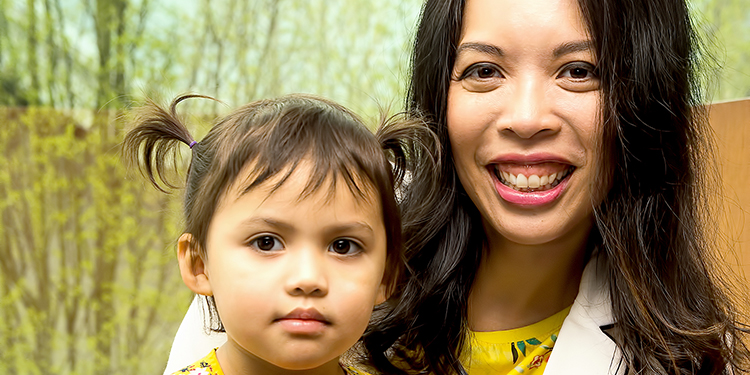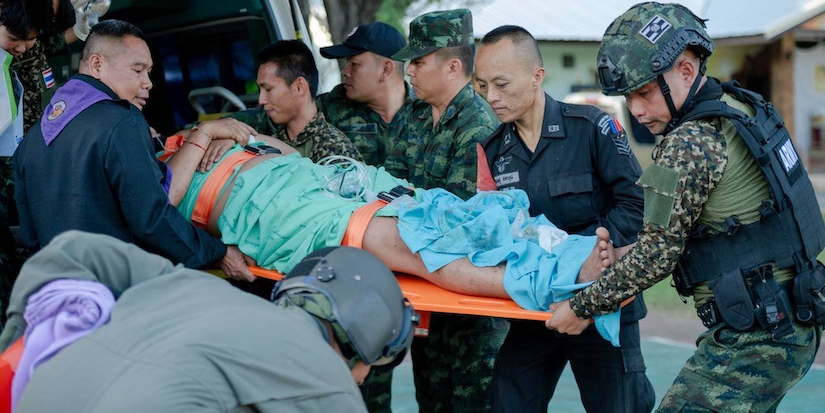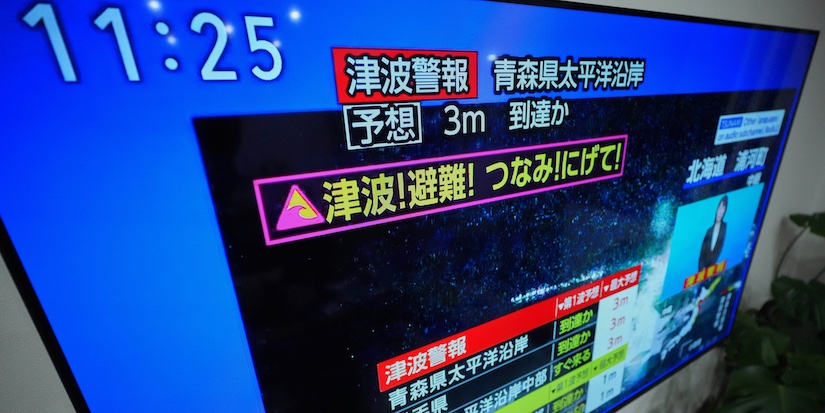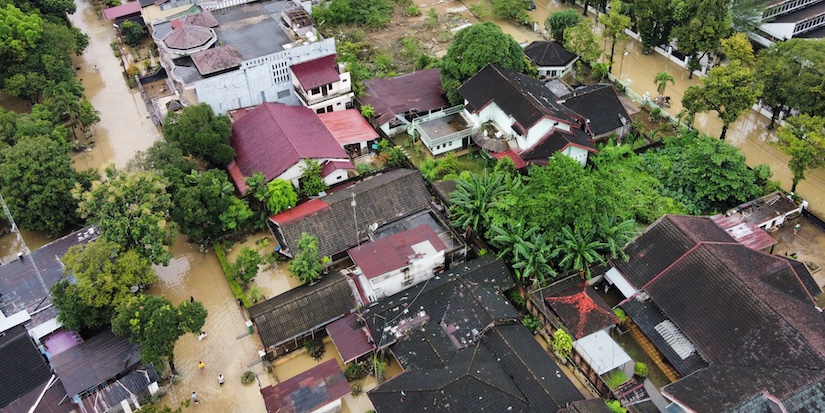Latest News
Researcher's cancer experience brings new insights
Published 11:41 PST, Wed January 16, 2019
Last Updated: 2:12 PDT, Wed May 12, 2021
It was long thought that arthritis was an old
person’s disease. It’s not. It never was.
It was long thought that colorectal cancer
was an older person’s disease. Dr. Mary De Vera knows first hand that’s not
always true either.
She’d come far. After being born in the
Philippines, she grew up in Prince Rupert. Then did three degrees, ending up
with a doctorate. She had a daughter, then another.
Preparing to return from her second maternity
leave to her research job, some of which is with Richmond’s Arthritis Research
Canada,De Vera unexpectedly found
herself a cancer patient with stage 3 colorectal cancer.
Her friends and colleagues kicked into high
gear, helping with child care, meals and rides for chemo appointments. There
was patient information, but little of it helped someone as young as De Vera.
"I have a mountain of brochures at home,
but the patients don't look like me. They're much older," De Vera said.
"Colorectal cancer is historically thought of as striking in older people.
The questions I was asking—about fertility, or how you explain having cancer to
a three-year-old—those answers just weren't available."
The researcher in her arose. She kept notes
of all her questions as she went through the taxing regime of radiation, chemo
and surgeries.
"I just wanted to get back to work so I
could write that first cancer grant," DeVera says.
As she healed, De Vera returned to UBC to
continue her work and to apply for a grant to bridge the information gap
younger colorectal cancer patients encounter. She wanted to demystify the whole
process for them.
Gathering a team of experts in epidemiology,
health economics, cancer and surgery, she applied for and received a $459,000 grant
from the Canadian Institutes of Health Research. Now, a few years after her
diagnosis, her team’s first goal is to see if De Vera’s early disease is an
unusual one-off, or if more adults in their prime have colorectal cancer.
She also hopes to create an online resource
to answer younger cancer patients’ questions such as, can you bring your kids
to chemo or is there a way to store my eggs or sperm so I can have children
after my cancer treatment?
Her colleague and friend, Dr. Mohsen
Sadatsafavi who had spearheaded the online site for helpers during De Vera’s
treatment says, "The old saying that what doesn't kill you makes you
stronger—Mary really embodies that."
A scientific or medical methodologist, like
De Vera, is someone who looks at how research is done, designing it so that it
is the best and most relevant possible. One of De Vera’s Arthritis Research
Canada projects showed that it is safer for women, and their babies, to take
most kinds of biologics for arthritis than it is to skip them when they are
pregnant.
"Being a methodologist,” Sadatsafavi
continues, “has been quite a career for her already, but now that she's been a
patient and gone through the system and all the hoops, I think it's all
gathering into one mind. That can be a catalyst for a lot of impactful,
patient-oriented, methodologically sound, cutting-edge research.”
De Vera’s research has had an immediate,
powerful impact on the patients it serves. This new project she’s added to her
job description promises to do the same.
Sadatsafavi, from the office next door to De
Vera says: “I'm very excited about what Mary is doing. She has an approach and
a vision toward that disease that nobody else has."































